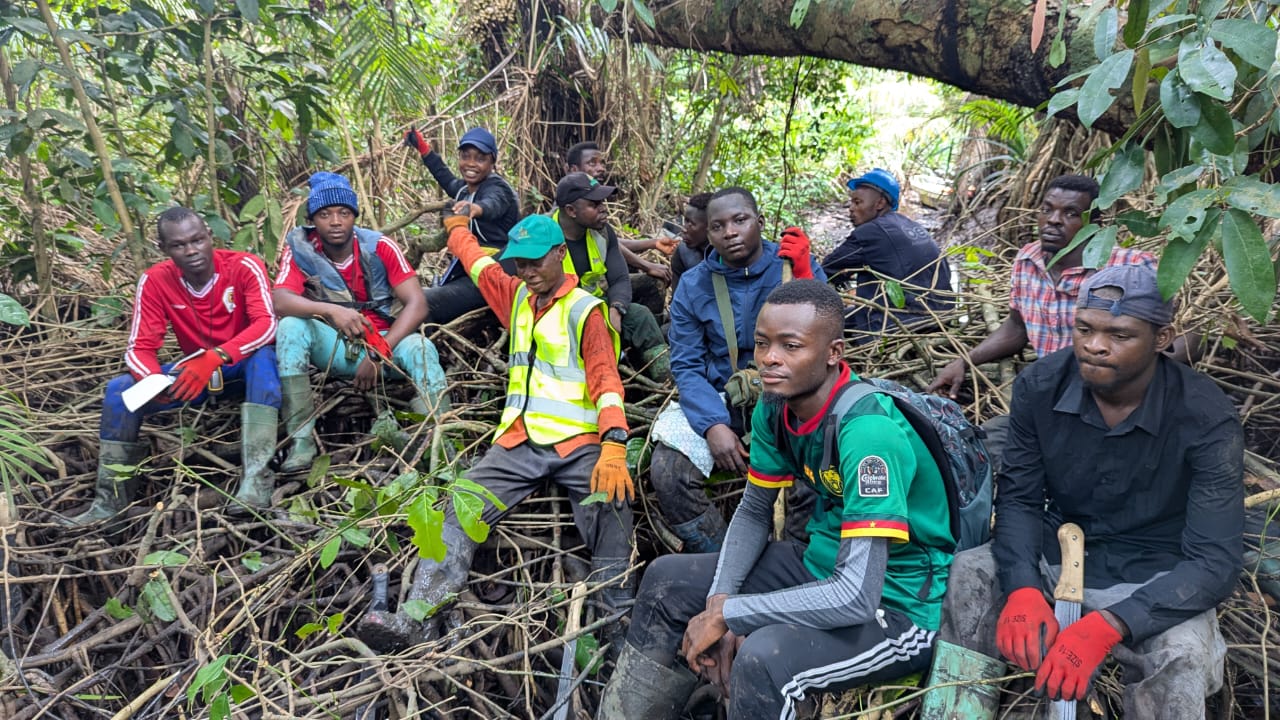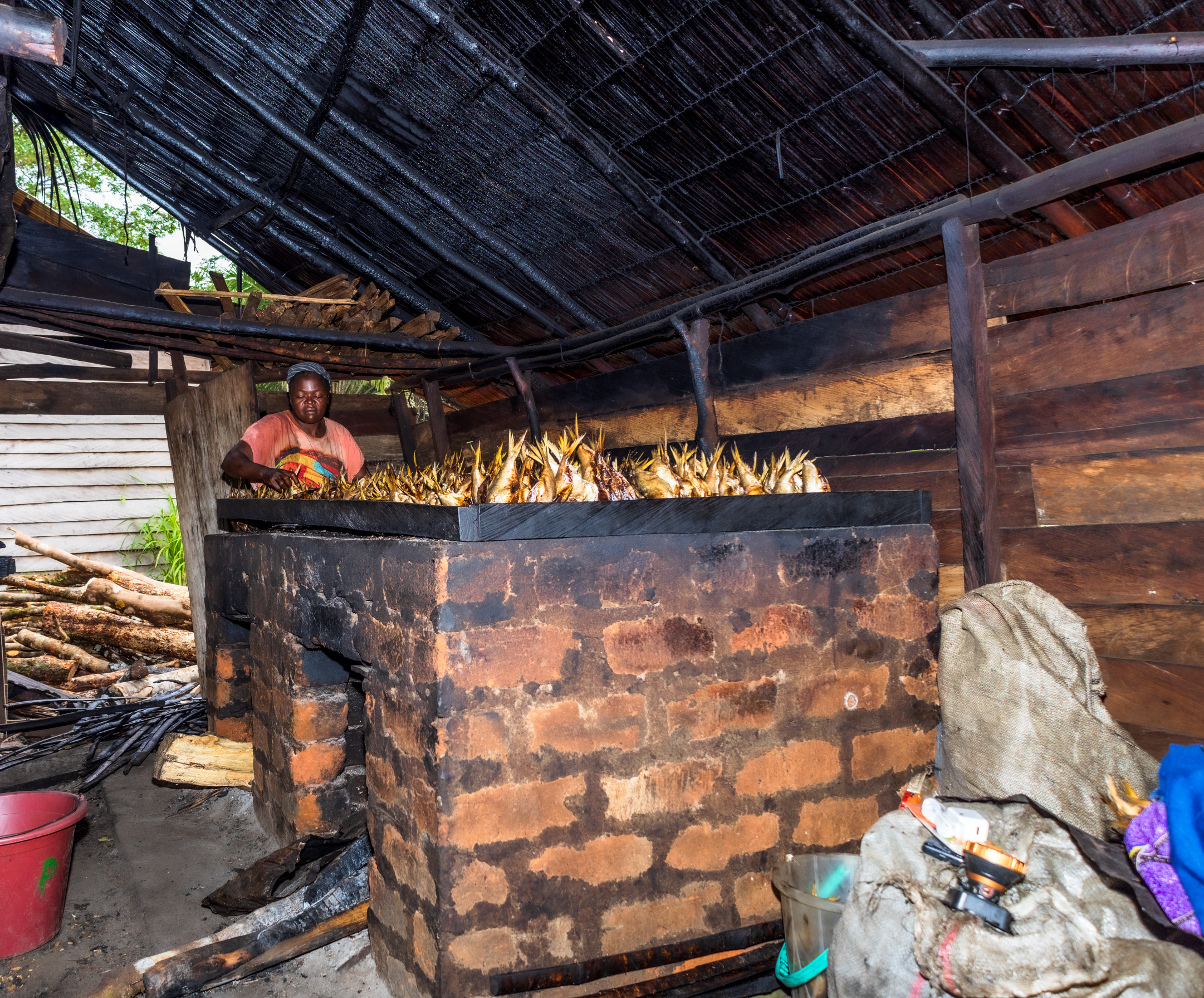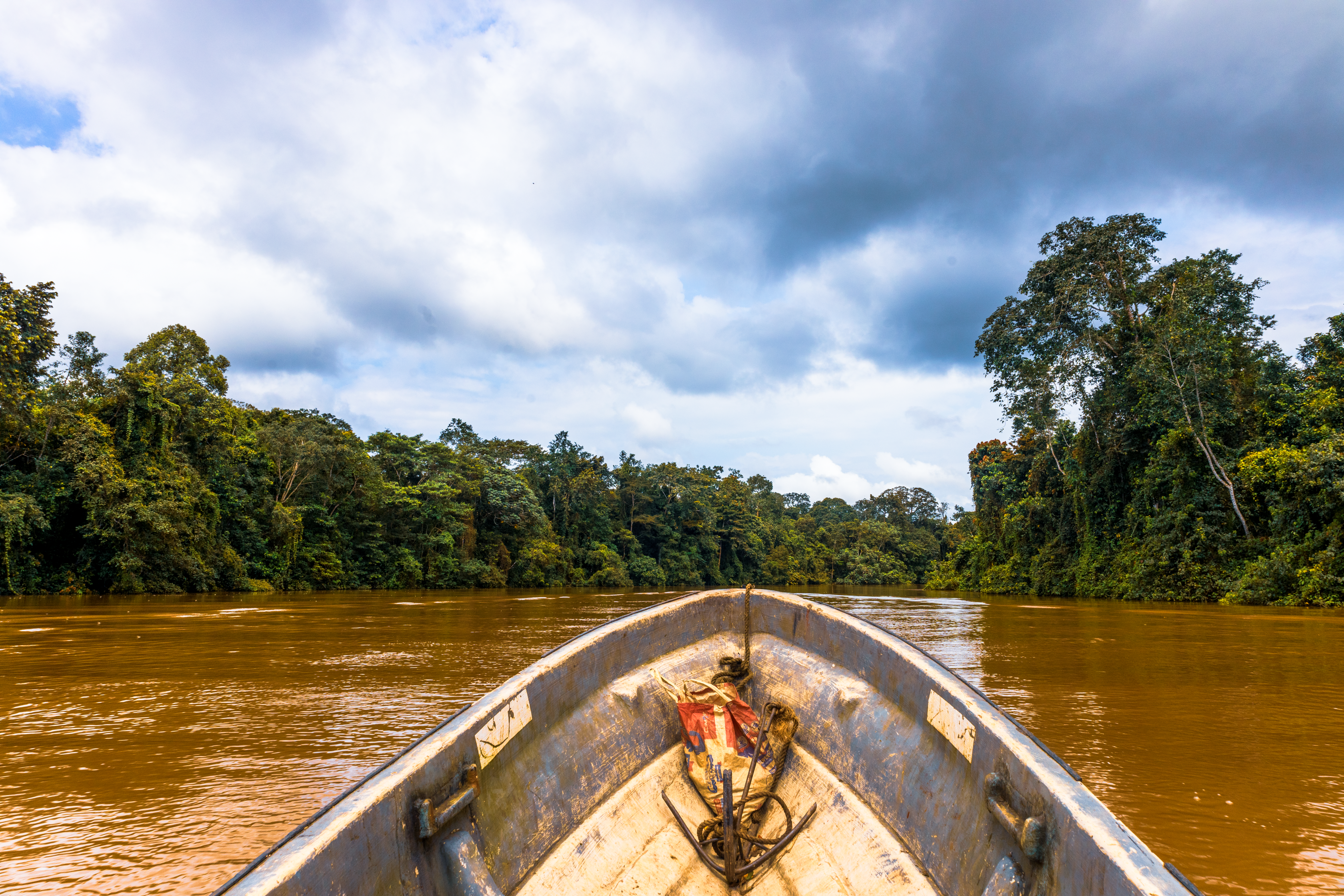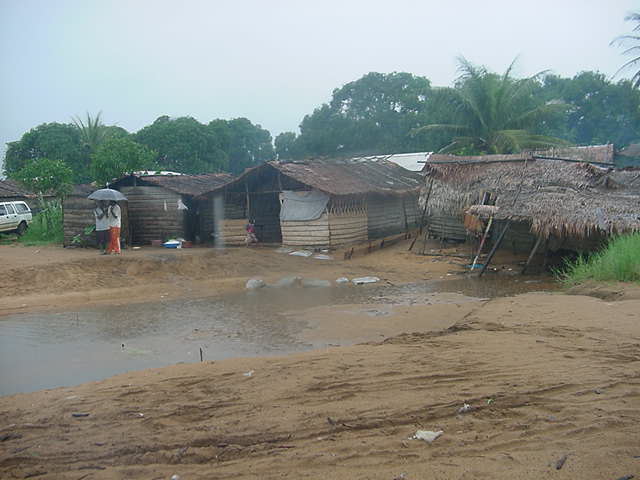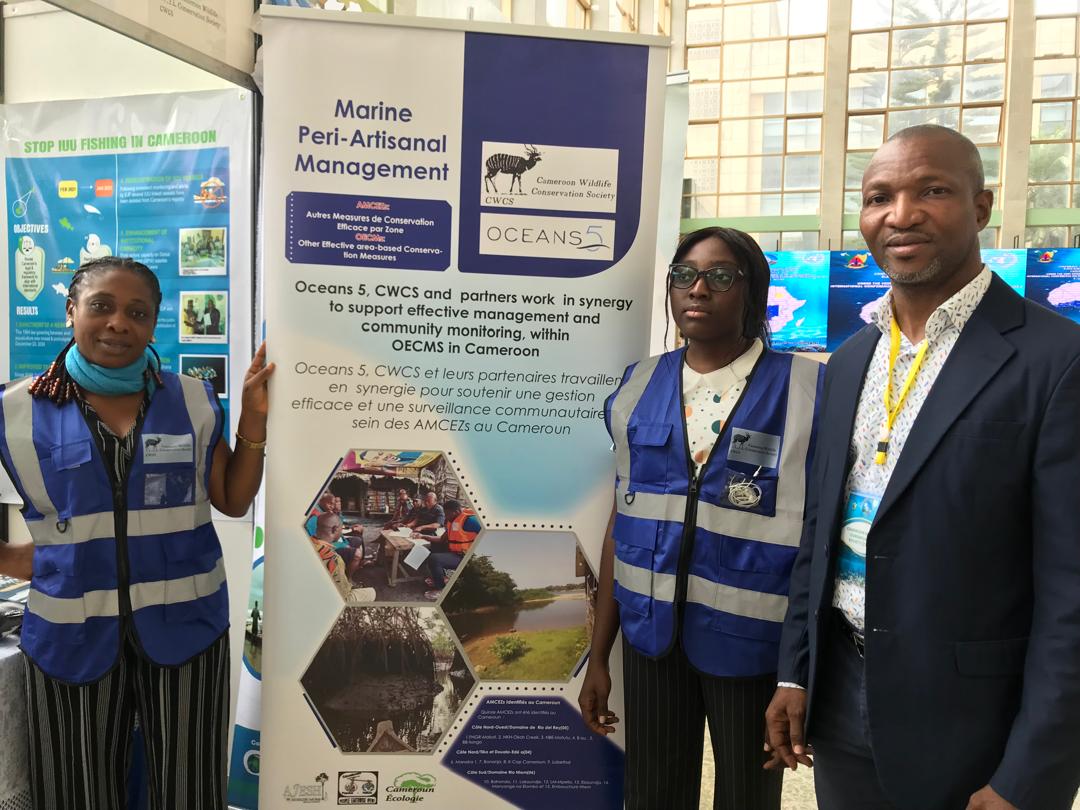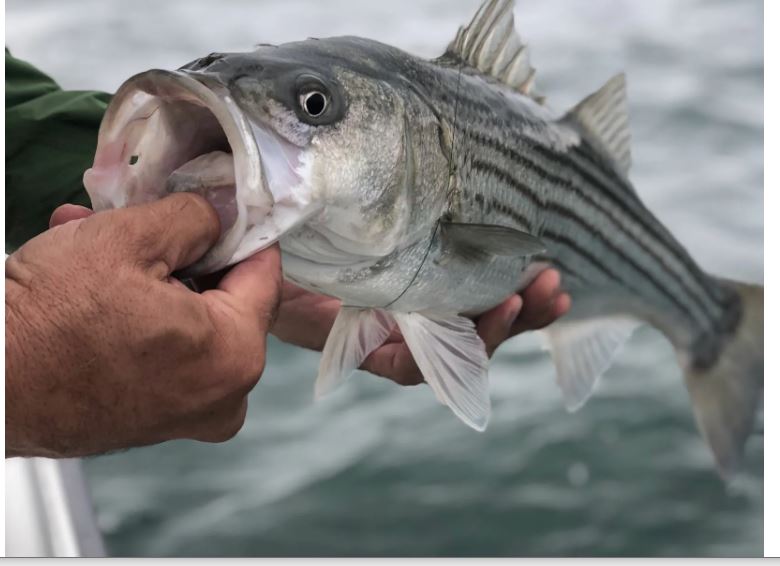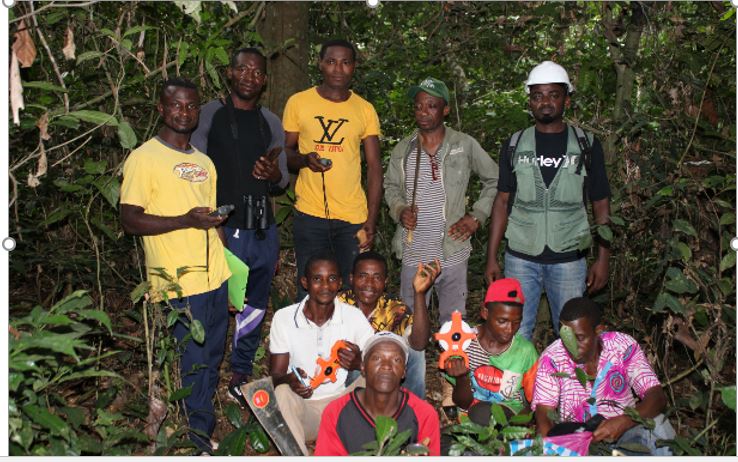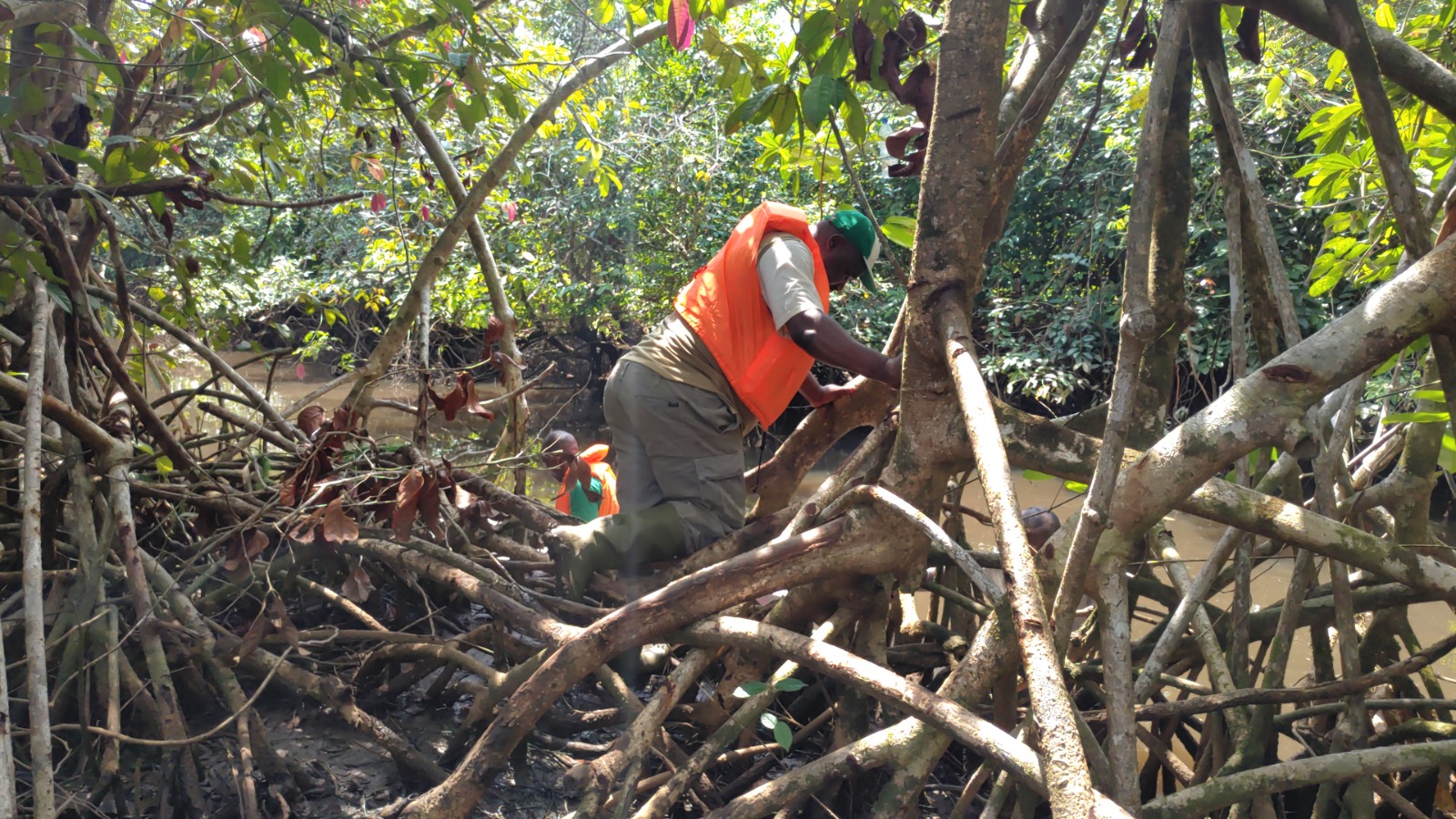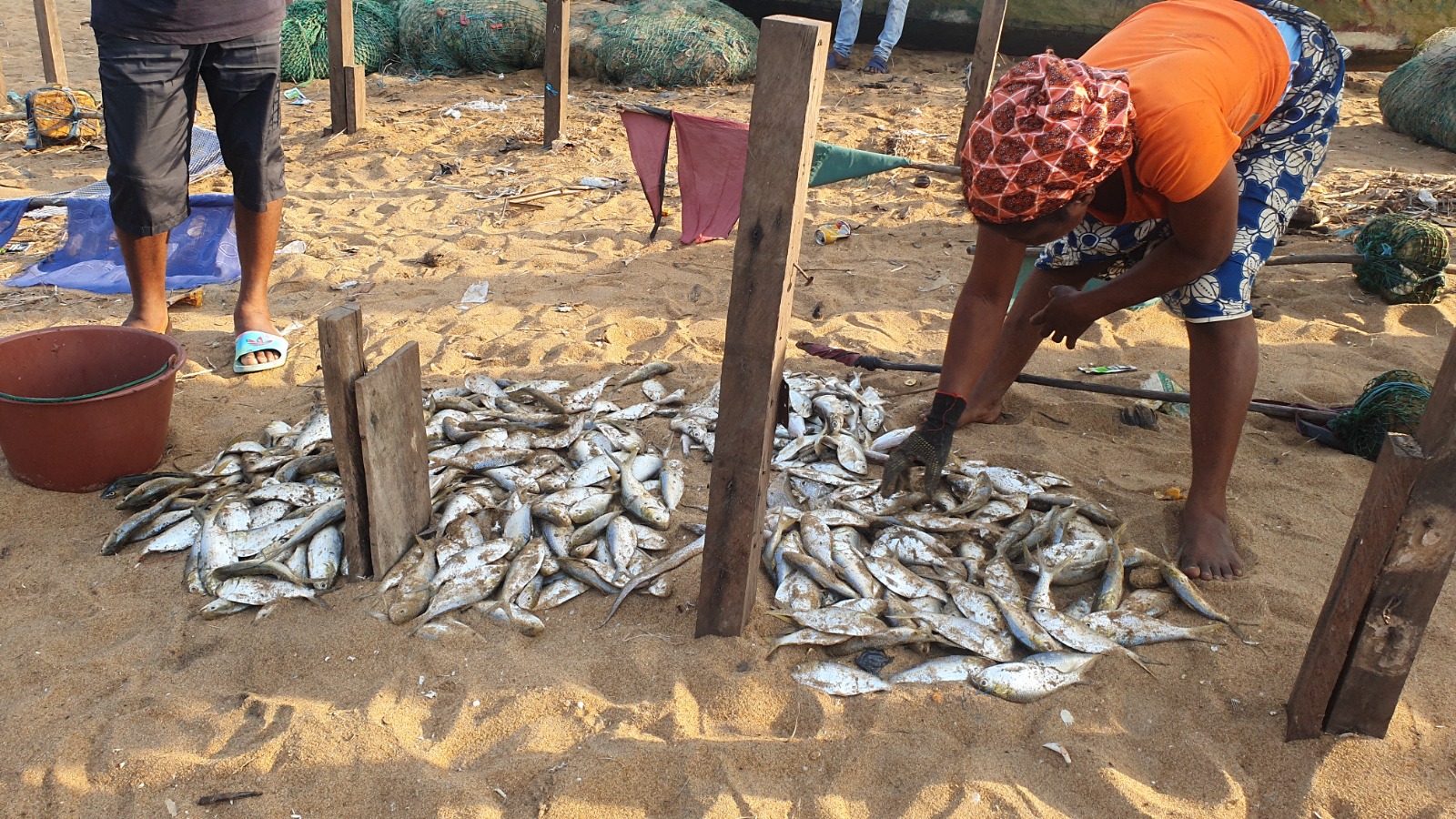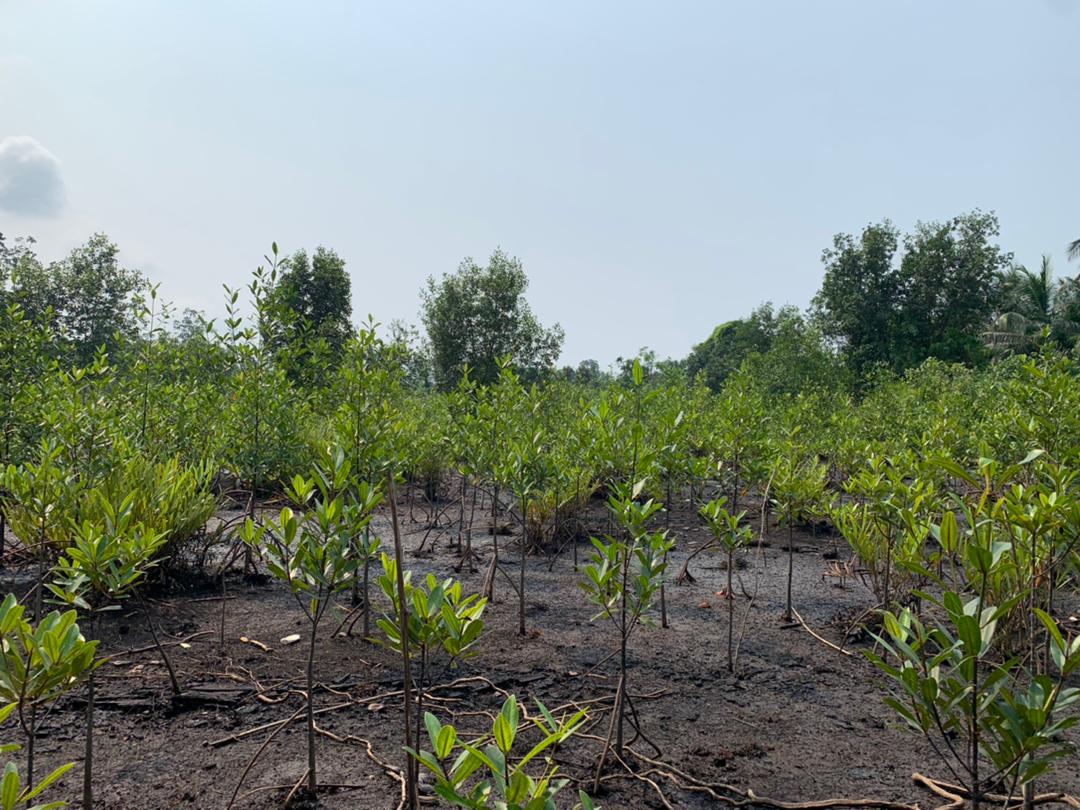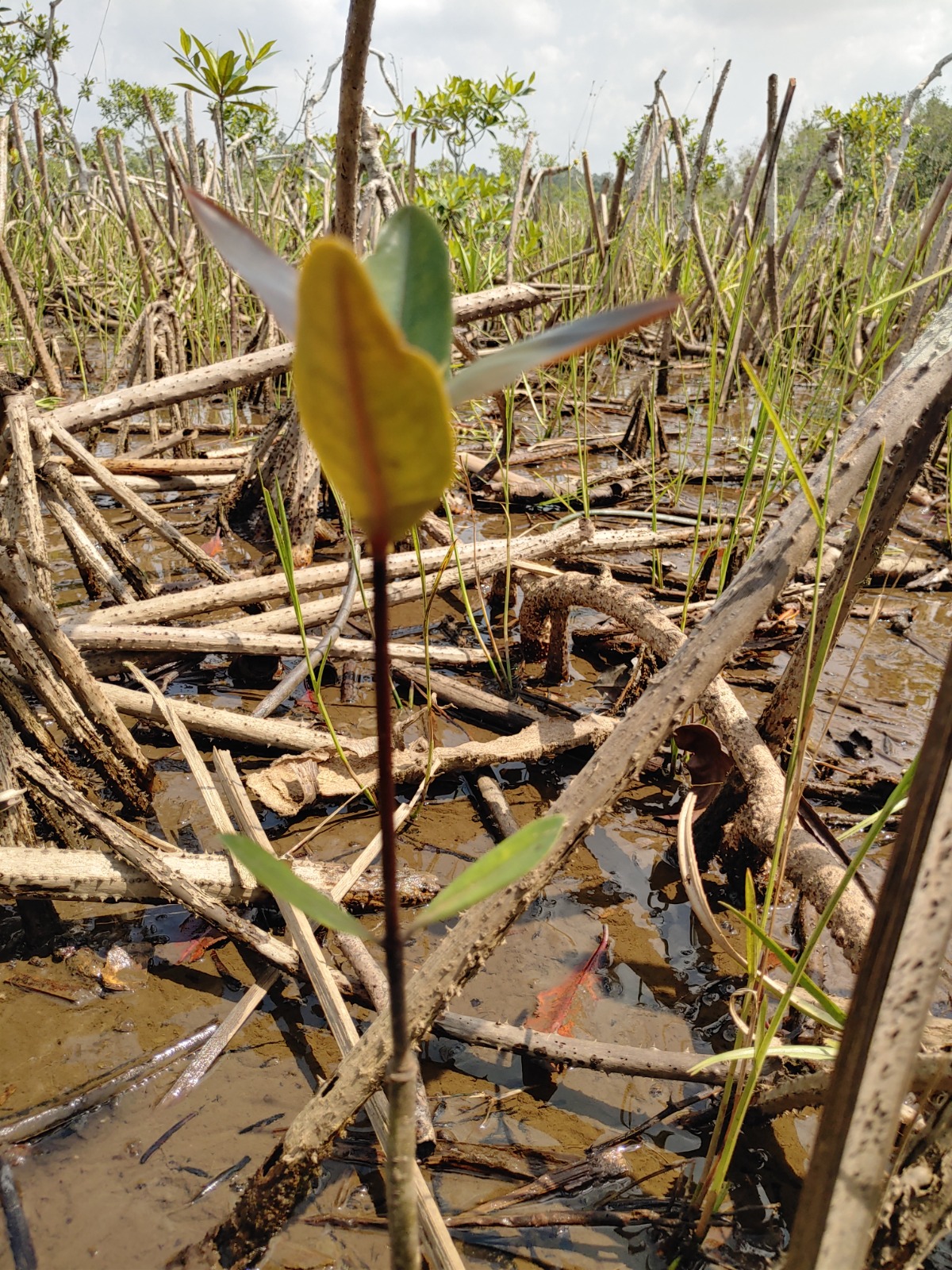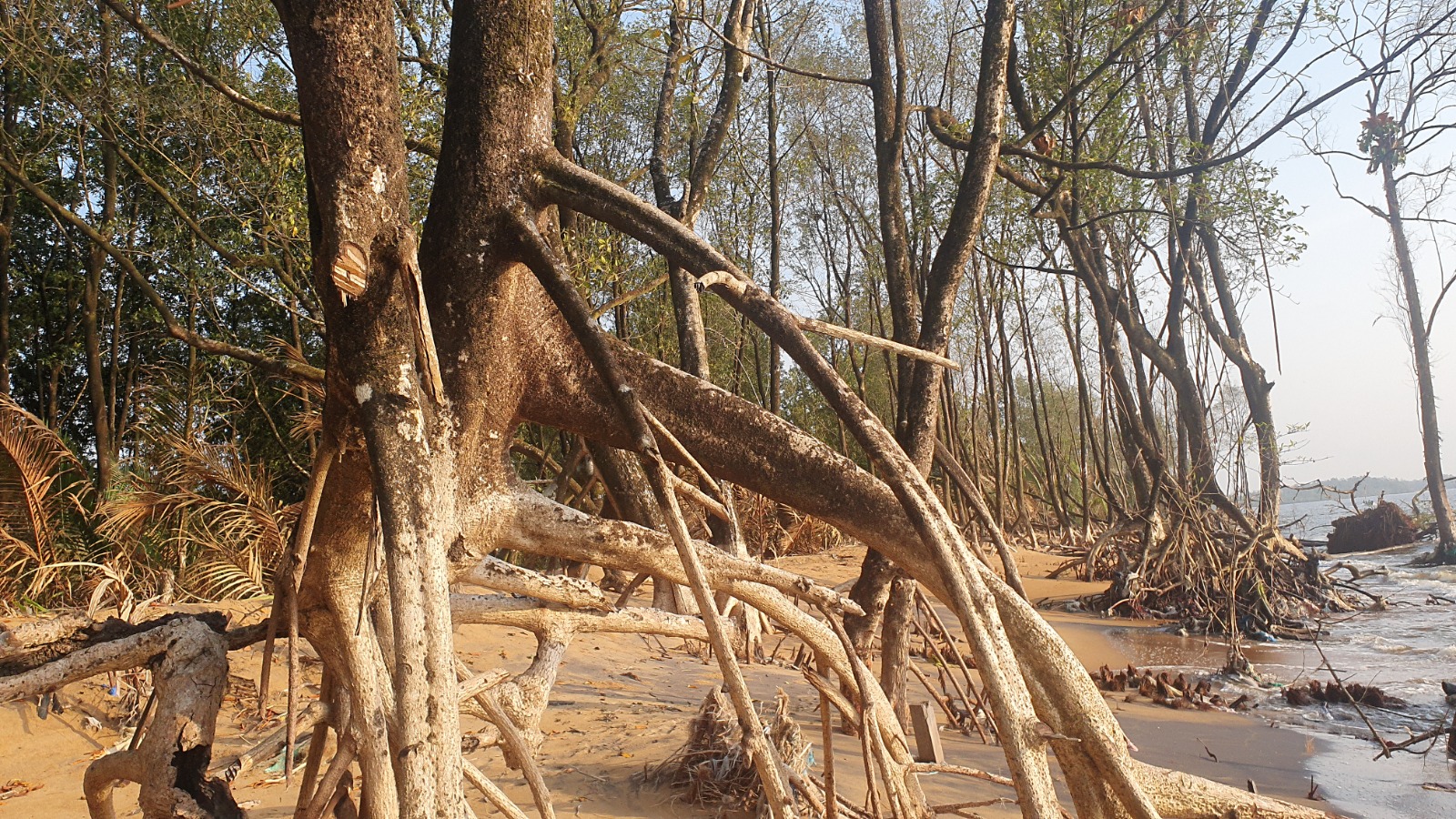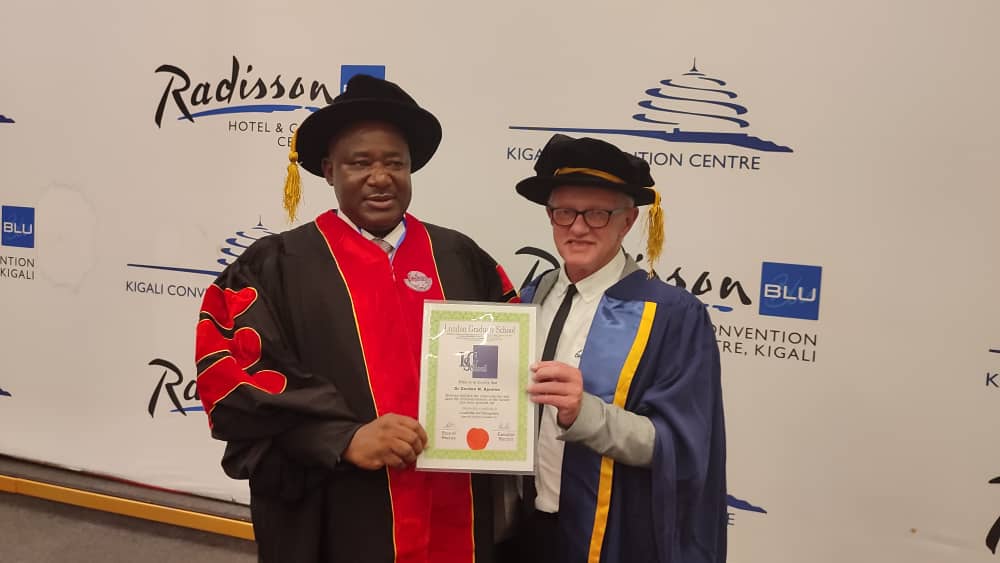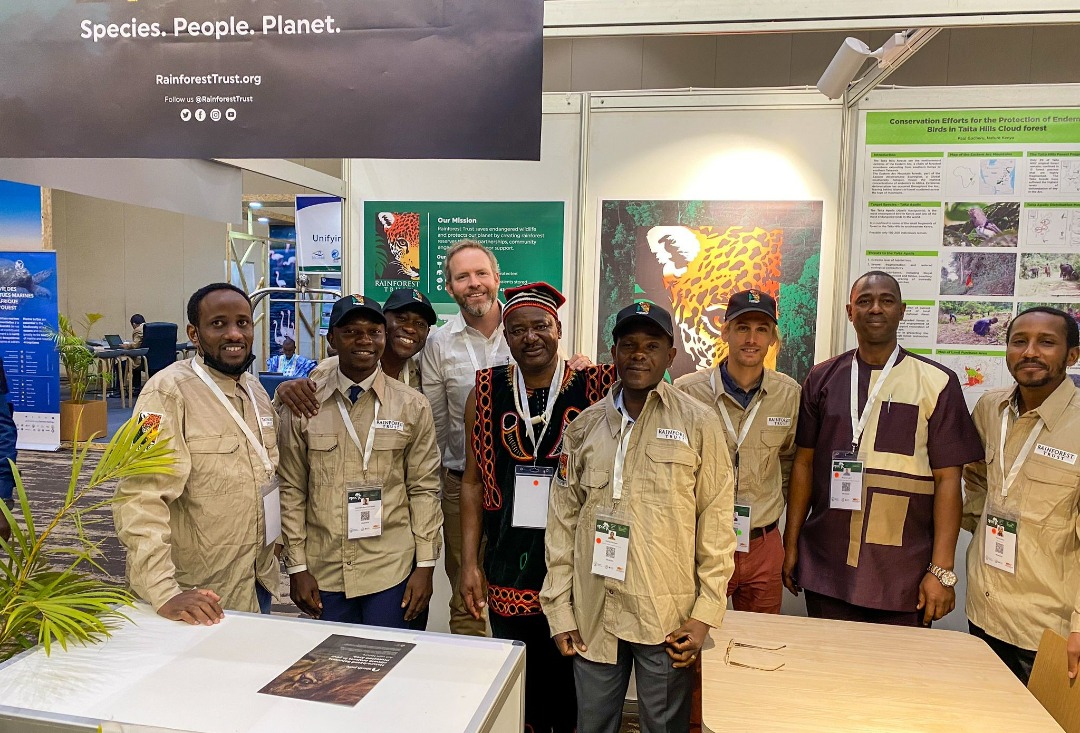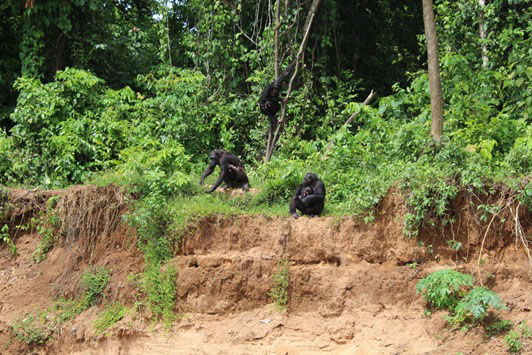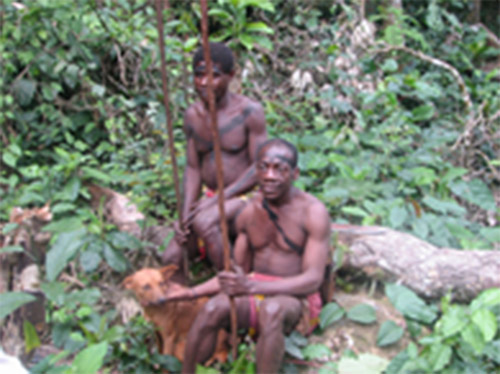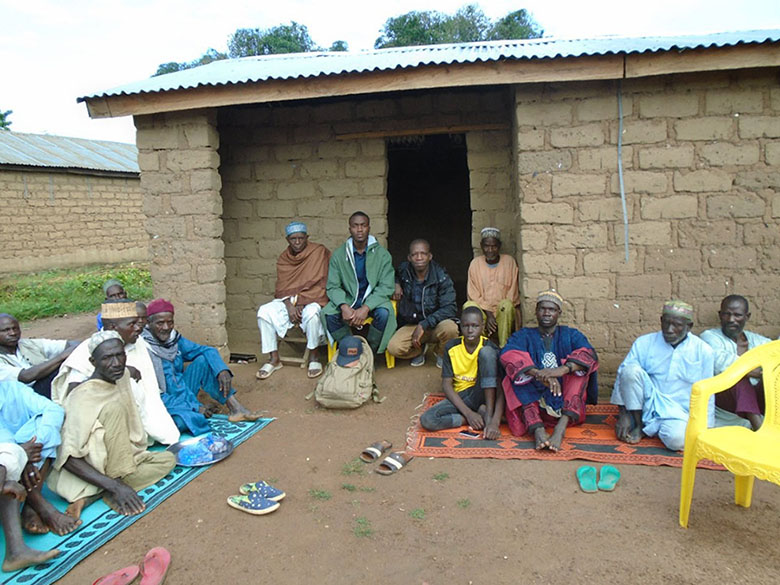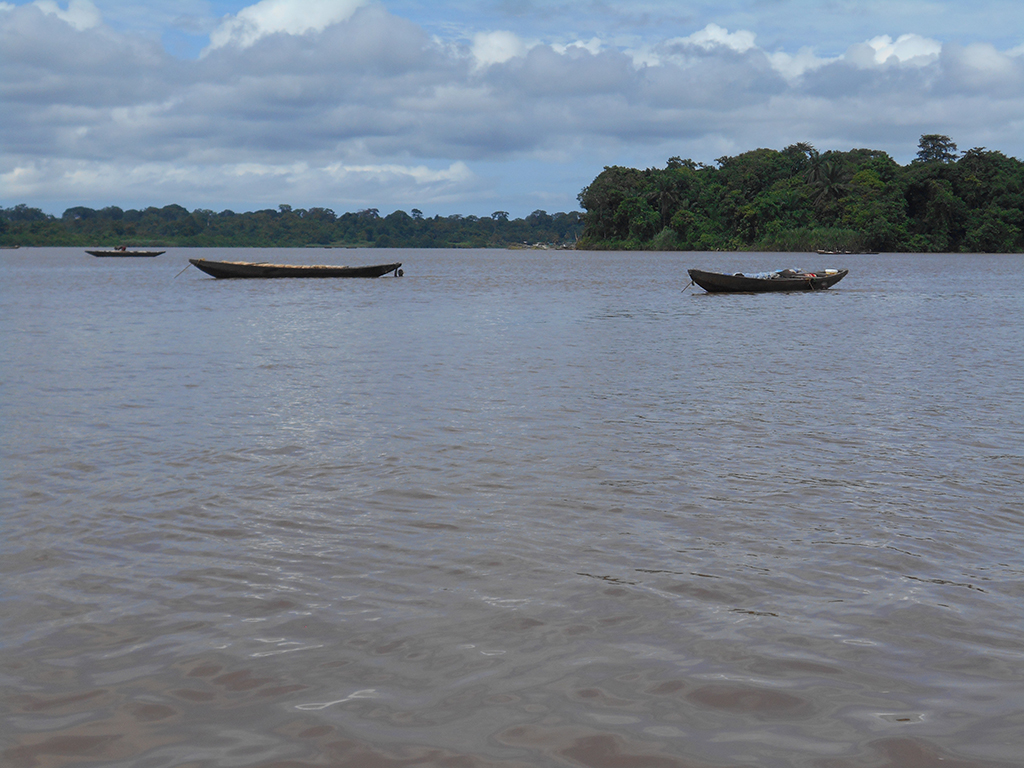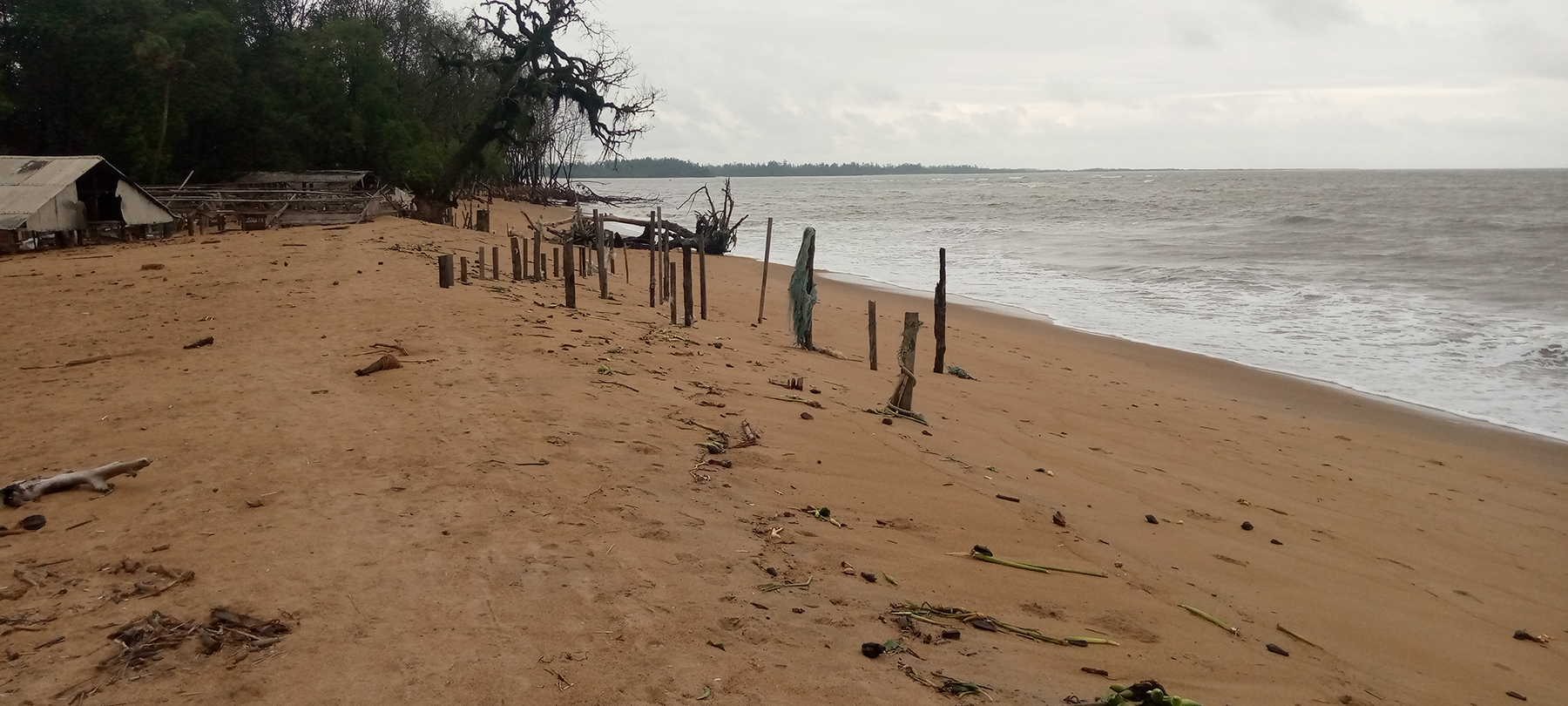An inventory of wildlife and non-timber forest products (NTFPs) in the Community Hunting Zones (ZICGCs) surrounding Lobéké National Park, Cameroon, has provided a detailed understanding of the area's rich biodiversity and its challenges. The study, conducted between May 2023 and June 2024, reveals critical data on key species, their distribution, and human activities impacting the region.
The inventory highlights the presence of iconic species such as elephants, gorillas, chimpanzees, and various ungulates. Elephants are predominantly found in ZICGC_01 and ZICGC_03, while gorillas and chimpanzees are concentrated in ZICGC_03, reflecting habitat preferences and relative density. Other mammals, including duikers and bongos, show varying distributions across the zones.
Dr. Leonard Usongo, a conservation expert, emphasized the significance of these findings: “This study not only catalogs species but also underscores the importance of tailored management strategies to protect wildlife and sustain community livelihoods.”
The report identifies alarming signs of human activities, including hunting, logging, and agricultural encroachment, particularly in ZICGC_08 and ZICGC_01. These activities pose severe threats to wildlife habitats and the sustainable use of resources.
For local communities, the ZICGCs are vital for subsistence and income generation through activities such as sustainable hunting and the collection of NTFPs like Irvingia gabonensis (wild mango) and Ricinodendron heudelotii (njansang). These resources are essential for food security, medicine, and artisanal crafts, linking conservation with human well-being.
The study calls for immediate actions:
- Strengthening Community Involvement: Training and empowering local populations to monitor and manage wildlife sustainably.
- Developing Alternative Livelihoods: Promoting eco-friendly income sources to reduce pressure on natural resources.
- Enforcing Conservation Laws: Enhancing patrols and penalties to combat illegal activities such as poaching and unregulated logging.
- Ecological Restoration: Restoring degraded habitats to support species recovery and ecosystem resilience.
The findings serve as a crucial tool for policymakers, conservationists, and local stakeholders to align efforts in biodiversity conservation. As Dr. Usongo concluded, “Protecting Lobéké’s wildlife is not just an ecological imperative but a shared responsibility to ensure a sustainable future for both nature and people.”


